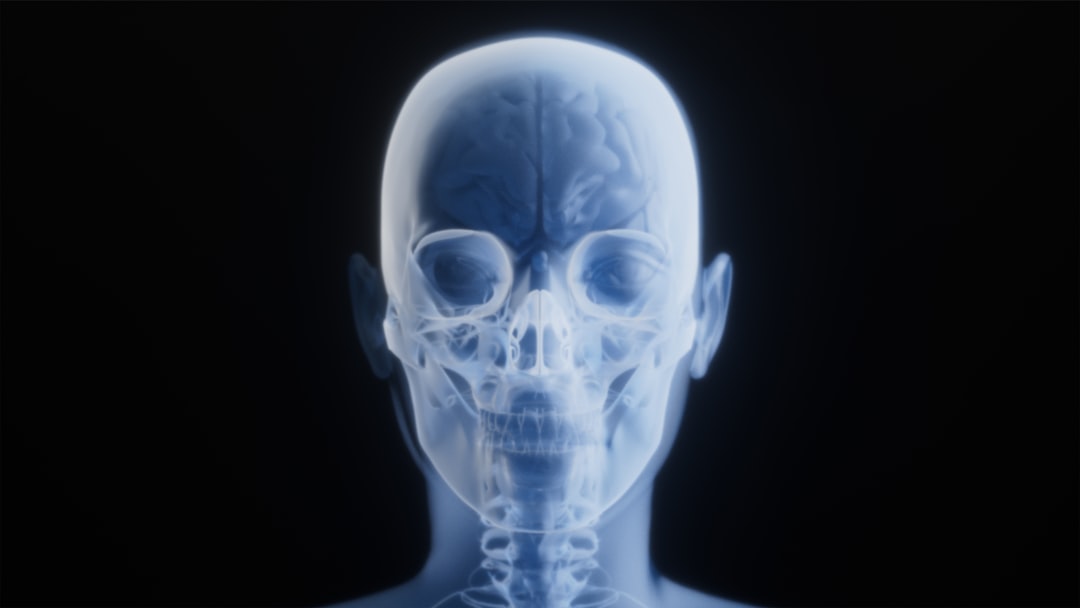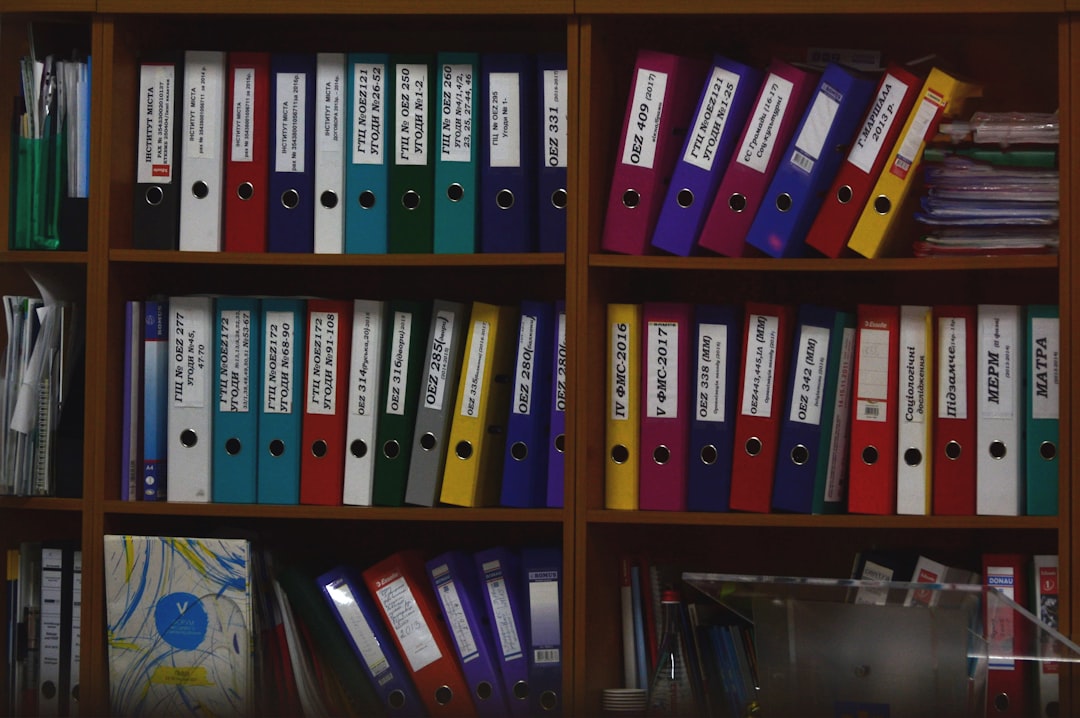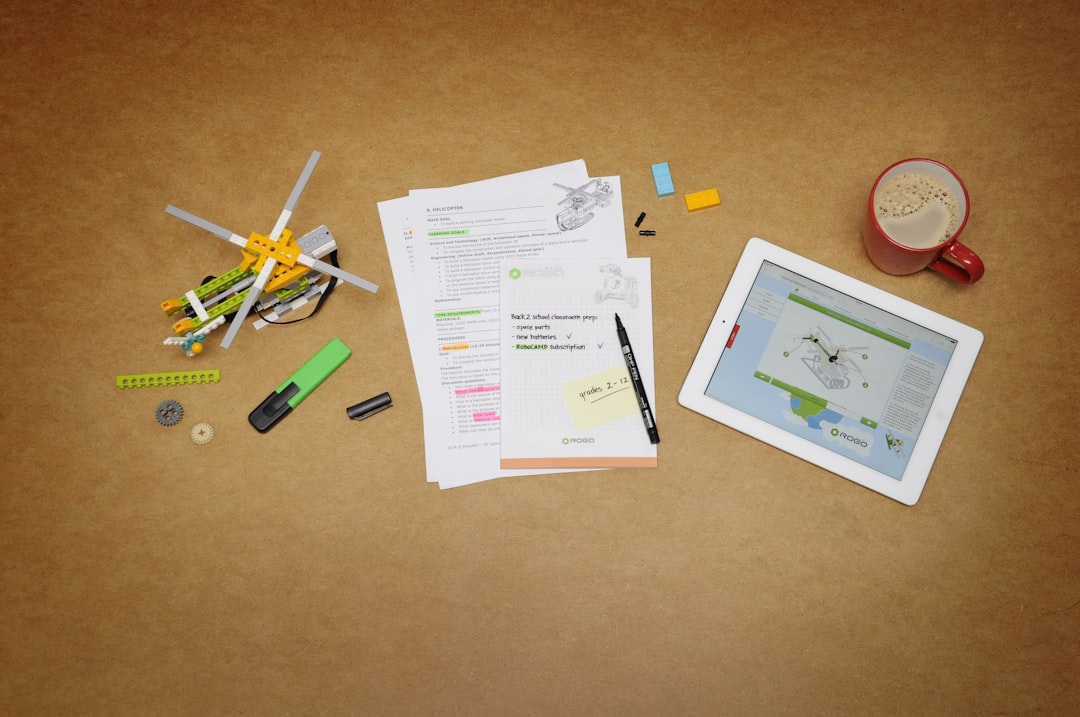Introduction
Dental Morph Lite has revolutionized the field of dentistry with its cutting-edge 3D visualization and analysis capabilities. But have you ever wondered how this powerful tool came into existence? In this article, we will delve into the history of Dental Morph Lite, from its humble beginnings as research software to its current status as a global dental visualization platform.
Early Beginnings: Research Software
Dental Morph Lite was first conceived as research software in the early 2000s. At that time, the field of dentistry was still relying on traditional methods of analysis and visualization, which were often time-consuming and prone to errors. A team of researchers, led by a renowned dentist, saw an opportunity to leverage advances in computer-aided design (CAD) and 3D visualization to improve the accuracy and efficiency of dental analysis.
The initial version of Dental Morph Lite was developed as a proof-of-concept, with the primary goal of testing the feasibility of using 3D visualization in dentistry. The software was designed to be user-friendly, with an intuitive interface that allowed researchers to easily import and analyze dental data.
Evolution and Expansion
As the research software gained popularity, the development team began to receive feedback from researchers and dentists who were eager to use the software in their daily practice. This led to a significant expansion of the software’s capabilities, including the addition of new features such as 3D modeling and simulation.
In 2010, Dental Morph Lite was officially released as a commercial product, marking a significant milestone in the software’s evolution. The software quickly gained traction, with dentists and researchers from around the world adopting it as a valuable tool in their daily practice.
Free and Open-Source
In 2015, the developers of Dental Morph Lite made the bold decision to release the software as free and open-source. This move was seen as a major turning point in the software’s history, as it allowed a global community of developers and users to contribute to the software’s development and improvement.
Today, Dental Morph Lite is maintained by a community of volunteer developers and is available for free download on the official website. The software has been translated into multiple languages and has been adopted by dentists and researchers from over 100 countries.
Comparison with Legacy Tools
| Feature | Dental Morph Lite | Legacy Tools |
|---|---|---|
| 3D Visualization | Advanced 3D modeling and simulation capabilities | Limited 2D visualization capabilities |
| User Interface | Intuitive and user-friendly interface | Complex and difficult to use interface |
| Cost | Free and open-source | Expensive and proprietary |
As can be seen from the comparison table above, Dental Morph Lite offers a range of advantages over legacy tools, including advanced 3D visualization capabilities, a user-friendly interface, and a free and open-source pricing model.
Comparison with Other Dental Software
| Feature | Dental Morph Lite | Dental Software X | Dental Software Y |
|---|---|---|---|
| 3D Modeling | Advanced 3D modeling capabilities | Limited 3D modeling capabilities | No 3D modeling capabilities |
| Analysis Capabilities | Advanced analysis capabilities, including simulation and prediction | Limited analysis capabilities | No analysis capabilities |
| Cost | Free and open-source | Expensive and proprietary | Expensive and proprietary |
As can be seen from the comparison table above, Dental Morph Lite offers a range of advantages over other dental software, including advanced 3D modeling and analysis capabilities, and a free and open-source pricing model.
Conclusion
Dental Morph Lite has come a long way since its humble beginnings as research software. Today, it is a global dental visualization platform that is used by dentists and researchers from around the world. Its advanced 3D visualization and analysis capabilities, user-friendly interface, and free and open-source pricing model make it an essential tool in the field of dentistry.





